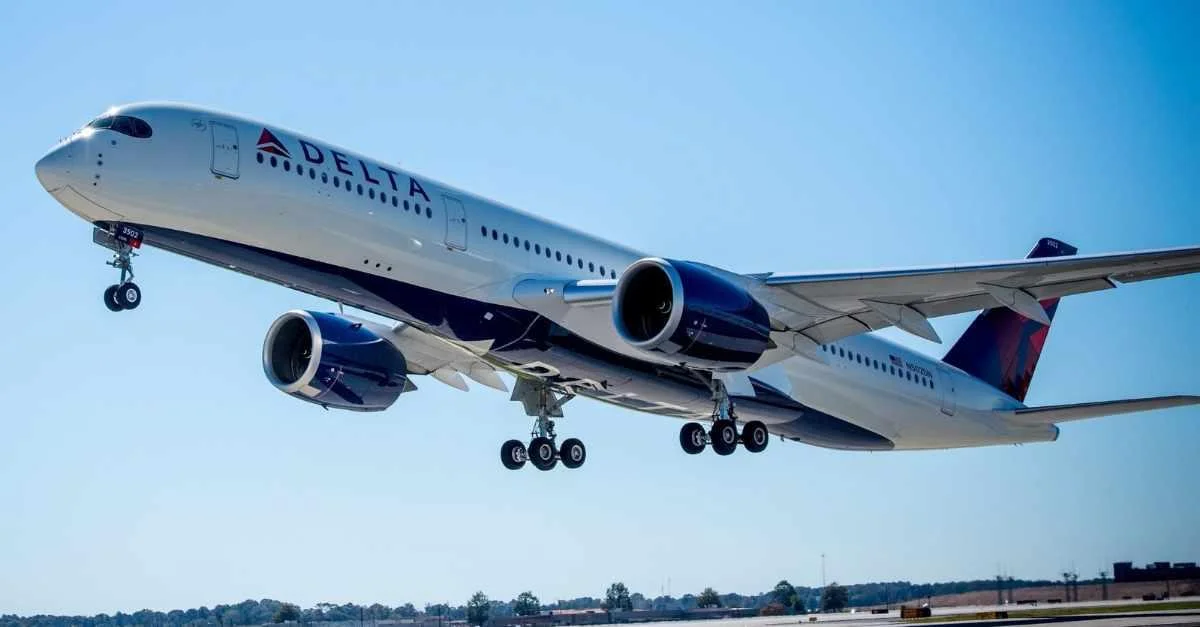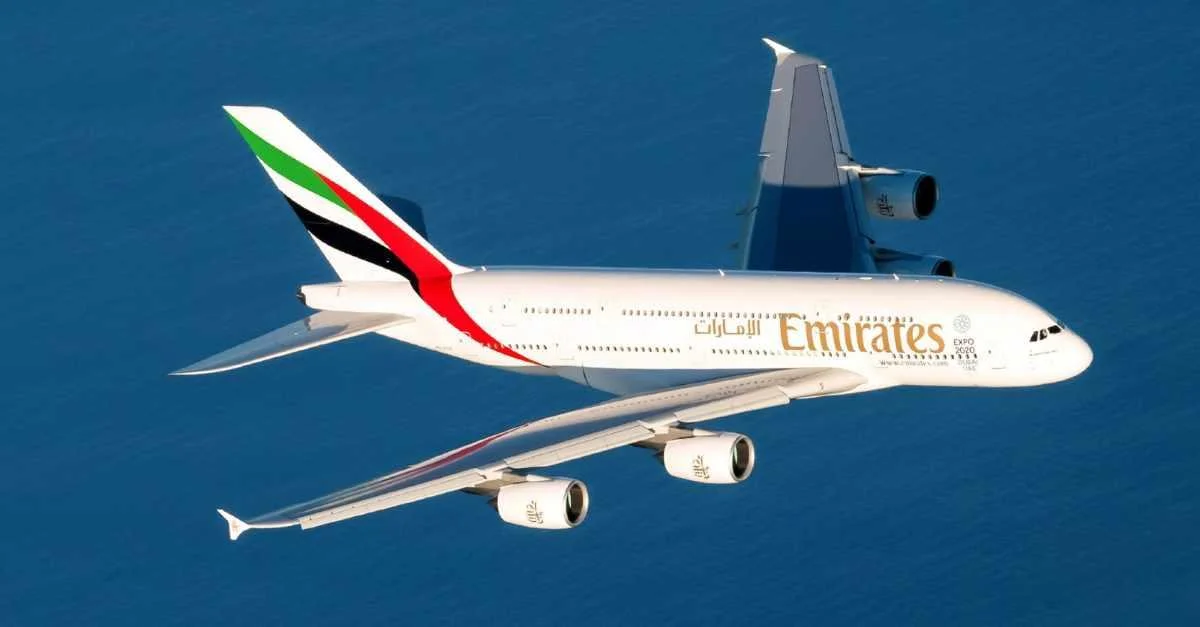Incidents on the global stage, such as the unveiling of new tariffs by President Trump, have impacted financial markets significantly. Major stock indices have fallen, and The Conference Board's consumer outlook index dropped drastically in March.
Following the Delta earnings call, President Trump announced a 90-day pause on new reciprocal tariffs, except those targeting China. His overarching policy of a 10% import tariff remains. Bastian and his team refrained from directly referencing Trump, confining their remarks to general tariff and trade uncertainties.
"The airline sector is in the eye of the storm," remarked airline analyst Tom Fitzgerald of TD Cowen.
Domestically, Delta plans to reduce capacity, particularly post-August 15, with potential schedule changes concentrated on less busy travel days. "We're going to eliminate unprofitable flying wherever that is," stated Hauenstein.
Delta Chief Financial Officer Dan Janki revealed plans to expedite the retirement of at least 30 older aircraft models within their fleet this year as part of these efforts.
Despite challenges in domestic travel, Delta executives reported that international travel remains strong. "Internationally, approximately 80% of revenues are U.S. point of origin, with bookings remaining strong for the peak summer period," Hauenstein shared. The resilience is attributed to continued enthusiasm for travel among U.S. customers.
Delta plans to introduce new routes, including service to Catania Airport in Sicily and others across Europe, Mexico, and the Caribbean. Premium travel demand is also reportedly stable.
Regarding tariffs on new aircraft, Bastian confirmed Delta's strategic approach: "We will not be paying tariffs on any aircraft deliveries we will take." He stressed the airline's readiness to defer deliveries subject to tariffs and draw upon previous experience to manage import duties.
Bastian summarized the situation as somewhat "self-imposed" and expressed hope for a swift resolution to challenges faced by the global trade environment.
 Alerts Sign-up
Alerts Sign-up




































